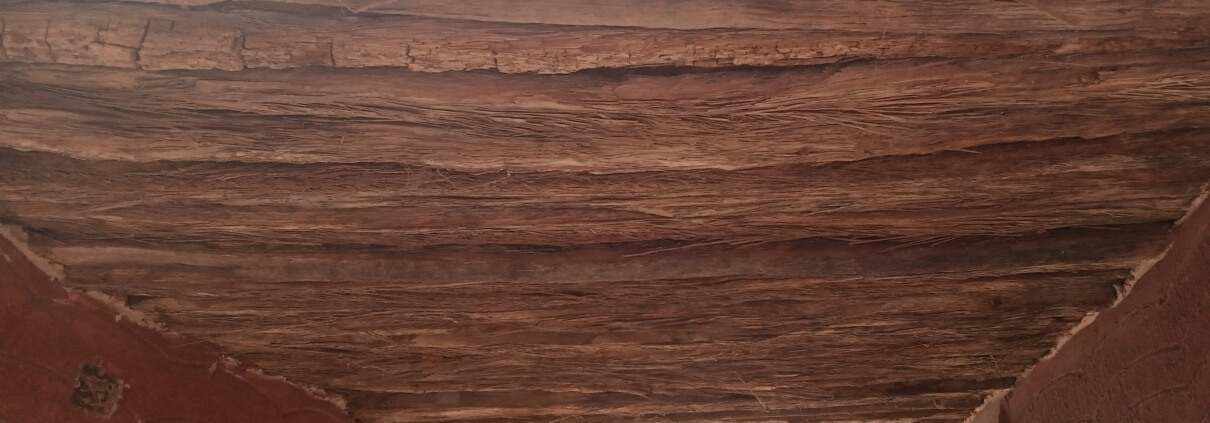PVC Roofing System
PVC roofing is one of the most popular and dependable roofing systems today. It’s a long term investment that provides significant benefits to both residential and commercial properties. PVC stands for Poly Vinyl Chloride, and it’s an incredibly versatile, low maintenance and durable material.
PVC roofs resist fading, chalking, and corrosion, making them a great option for both residential and commercial projects. Additionally, PVC also reflects significant amounts of sunlight and heat which makes it great for hot climates, and it’s also capable of withstanding extreme weather conditions such as hail and heavy snow. PVC roofs can last up to 50 years, making them a great value for the price.
PVC roofs come in different styles and colors, making them perfect for those who are looking for a stylish roofing system. Along with the added aesthetic appeal, PVC roofs also create an effective barrier against water, preventing leaks and are also highly resistant to mold and mildew. Plus, PVC roofs can be easily cleaned and maintained, which saves property owners time and money.
The installation of PVC roofing also requires minimal effort, making it easy to install and replace. Installing a PVC roof also saves on energy costs thanks to their reflective properties and insulation capabilities, which help to keep the structure cooler in summer and warmer in the winter.
Overall, PVC roofing is an ideal roofing system for both residential and commercial properties, offering an aesthetically pleasing, durable and low maintenance option for property owners. It’s a great way to save on energy costs and comes with a long-lasting warranty. Plus, it’s relatively easy to install and maintain, making it a great investment for those looking for a long-term roofing solution.
Is PVC roofing better than EPDM?
Composed of synthetic rubber, an ethylene propylene diene monomer (EPDM) roofing membrane offers superior weather resistance while remaining a cost-effective option. PVC, on the other hand, delivers exceptional seam strength; in fact, heat-welded PVC seams are stronger than the PVC roofing membrane itself.
PVC Roofing System is the latest and greatest technology that has been making waves in the roofing industry for years. PVC roofing system is one of the fastest growing, least expensive, and most durable roofing systems available on the market today. It is a modern, long-lasting system which utilizes high-strength materials to create a light-weight and waterproof structure.
PVC roofing systems are commonly found in residential, commercial, and industrial settings. They are designed to be incredibly durable and reliable in order to offer superior protection against the elements. The materials used in PVC roofing systems are among the strongest, most reliable, and most affordable compared to other materials, such as wood, metal, clay tile, and asphalt.
One of the main advantages of Pvc roofing systems is that they are incredibly easy to install and maintain. They require minimal effort to assemble and require little maintenance. This also means that they are cost-effective and can be used in a wide range of buildings. The lightweight nature of PVC roofs also make them particularly ideal for flat or low-slope buildings, as they are able to easily span large distances.
Another benefit of PVC roofing systems is that they are highly energy efficient. They can help reduce heating bills by reflecting sun’s heat away from buildings, and in the summer PV systems work to keep heated air from escaping from buildings. This reduces energy consumption, which can help to lower overhead expenses over time.
PVC roofing systems are also incredibly weather resistant. The material is designed to withstand extreme weather conditions, such as hail, ice, snow, and heavy rain. They are also known for having great fire resistance and excellent insulation properties, making them an ideal option for buildings in areas that are prone to natural disasters, such as hurricanes and tornadoes.
Finally, PVC roofing systems are incredibly long-lasting. The material is designed to last up to 50 years with proper maintenance. This makes them significantly more cost-efficient compared to other roofing systems that may need to be replaced more frequently.
PVC roofing systems offer a wide range of benefits that make them an ideal choice for residential and commercial buildings. They are easy to install, energy efficient, weather-resistant, fire-resistant, and offer a long lifespan. For these reasons, PVC roofing systems are a great option for any roofing need.
What is better TPO or PVC roofing?
TPO presents superior results for tear and break strengths, while PVC outperforms in chemical resistance, fire resistance, and overall cost. Restaurants or buildings with grease traps on the roof would be better served by a PVC roofing system. For a stronger and more durable roof, TPO is a better option in terms of UV protection and puncture resistance. Ultimately, it will depend on what type of roofing needs you have and what your budget is.
Is PVC good for roofing?
Engineers create PVC roofs with durability in mind. This strong material’s membrane boasts a long service life, as it is specifically engineered for strength. Most PVC roofs last longer than 20 years, so you won’t need to worry about replacing your roof again for at least another two decades (source). You can also count on PVC roofs to provide efficient insulation in any climate. PVC will keep your home cooler during summer and warmer during winter months. Additionally, PVC is resistant to wind, water, fire, and chemicals, making it an ideal choice for your rooftop.
PVC roofing systems offer homeowners a great way to protect their homes from water damage, UV radiation, and high temperatures. These roofing systems are composed of a single sheets of durable, textured plastic material, which makes them easy to install, maintain, and repair. PVC is one of the most popular roofing materials in the US due to its excellent resistance to weathering, its relatively low cost, and its energy-efficiency.
Unlike traditional shingle-type roofs, PVC roofs are resistant to damage from hail and windblown debris, as well as hurricane-force winds. In addition, these roofs are more resistant to fire than traditional asphalt-based materials, and the flame-retardant used in PVC roofing products meets the highest industry standards. PVC roofs also typically offer superior thermal performance, making them an ideal choice for homeowners looking to reduce their utility bills.
The installation process for PVC roofs is relatively straightforward and often can be completed in a single day. PVC roofs must be installed over a substrate of plywood or particle board, which provides additional levels of protection against weathering and UV radiation. A specialized surface adhesive is then used to attach the PVC material to the underlying substrate. The entire setup is held together with specialized fasteners, which are typically corrosion-resistant.
These roofs require little maintenance and can be easily repaired. If any damage occurs, simply patch or seal the affected area with a PVC-compatible adhesive, caulk, or sealant. A simple cleaning with soap and water should also keep most PVC roofs looking new and functioning optimally.
For anyone looking to save money on their energy bills while protecting their homes from weather-related damage, PVC roofing systems offer an excellent choice. Their durable materials, easy installation, and low maintenance make them a great investment for any homeowner.









Leave a Reply
Want to join the discussion?Feel free to contribute!